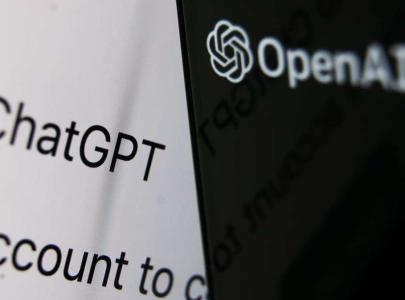This evening marks the beginning of Ramadan.
Ramadan is a holy month for Muslims around the world, marked by fasting from dawn till dusk, increased prayers, acts of charity, and is a time of reflection and self-improvement. However, for Muslims in the workplace, it can be challenging to balance the demands of their faith with professional obligations. Which is why it’s important that businesses recognise some everyday practices they can adopt during Ramadan to help Muslim employees feel more included whilst at work during this special time.
What can businesses do during Ramadan?
There are lots of ways companies can be inclusive. Outside of understanding inclusive language terms - this post by Language Matters covers this brilliantly, you can find it
here - there are still everyday practices that can be easily implemented.
Some examples include:
Staying aware of fasting hours…
Ramadan fasting hours can differ depending on the location and time of year. In some parts of the world, fasting can last up to 16 hours, which can be a significant physical and mental challenge for employees.
Employers can take this into consideration by offering flexibility with work schedules, and ensuring workloads are reasonable during Ramadan. Additionally, employers can offer shorter work hours, or provide a quiet space for prayer during the day, as well as being mindful of cultural sensitivities. Such as not eating or drinking in front of fasting employees, or scheduling important meetings during the day.
Offering flexibility...
Flexible working hours can make a big difference to employees during Ramadan. Employers can offer flexible hours to allow Muslim employees to attend evening prayers or to break their fast at home. This can be a simple but effective way to show support for your Muslim employees.
Provide safe spaces for prayer...
Ramadan sees, Muslims required to pray five times a day. By providing a designated prayer space or room where employees can pray in private, and by offering a quiet and clean area, you can help employees feel more comfortable and supported.
Create a culture of understanding with team awareness sessions...
Showing understanding and respect for all different religious and cultural practices is always important. This can be achieved through running training sessions or workshops that raise awareness about Ramadan and its significance to Muslims. It is also important to encourage open communication and understanding between employees of different faiths and backgrounds.
Celebrate Eid al-Fitr...
And finally, Eid al-Fitr is the celebration that marks the end of Ramadan. Offering time off, or by celebrating the occasion during work hours, is a great way of acknowledging this celebration, helping to further a sense of community and inclusivity between your team.
Sharing experiences with your team
Ramadan is a very special time for Muslims around the world, and employers can choose to play an important role in ensuring this experience is kept as such for employees. It also gives employers an opportunity to share that experience alongside their team. Through being flexible and supportive you are creating a culture of understanding. Which means employers can demonstrate meaningful support and show how valued their team members are.


